Keywords: Water
There are more than 200 results, only the first 200 are displayed here.
-
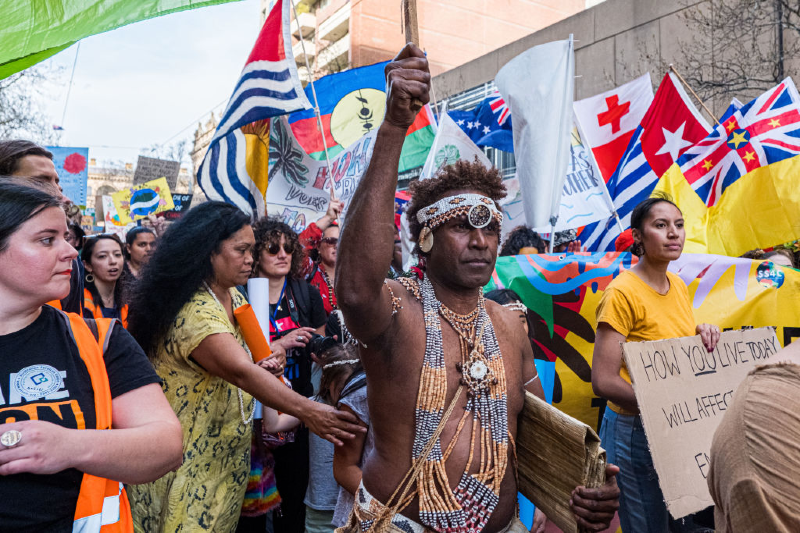
ENVIRONMENT
- Cristy Clark
- 11 January 2022
3 Comments
On a superficial level, it makes no sense to commit so strongly to managing the impacts of climate change (adaptation) on the one hand while refusing to significantly reduce emissions (mitigation) on the other. On the other hand, when you start to unpack the logic of so much adaptation policy, this contradiction fades away.
READ MORE
-
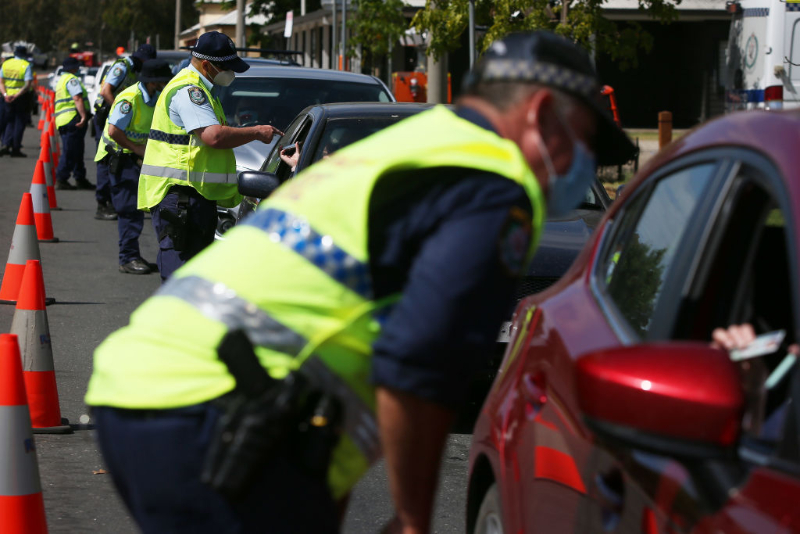
AUSTRALIA
- Cristy Clark
- 16 December 2021
3 Comments
Under Victoria’s Border Directions after 23 July, people in NSW, including Victorian residents, were effectively prevented from entering the state. Their only option was to request an exemption for a number of specified reasons including ‘attending a funeral or end of life event or returning home for health, wellbeing, care or compassionate reasons or for any other reason under a general discretion’.
READ MORE 
-
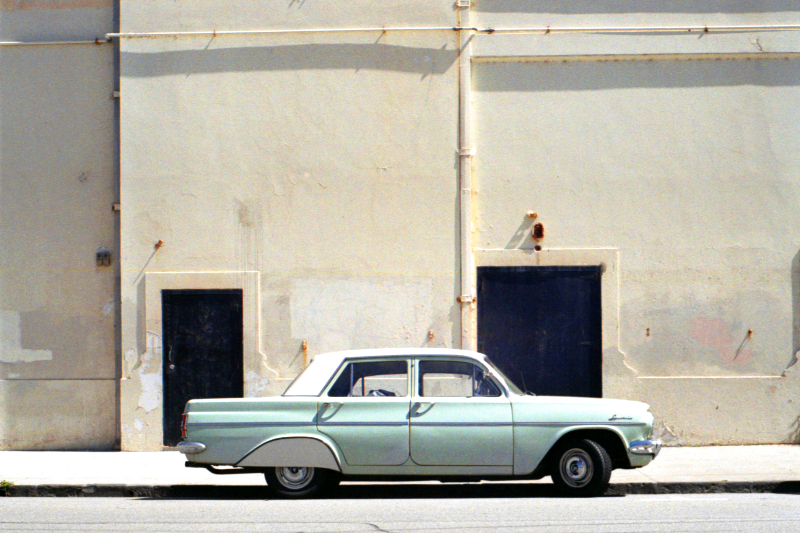
ARTS AND CULTURE
- Jamie Dawe
- 06 December 2021
1 Comment
I own my proclivities and short comings / I own the transgressions of those which have inflicted wounds some unhealed / I own the sublime moments of subjective joy / I own little but I am rich in compassion / I own not the land it owns me
READ MORE 
-
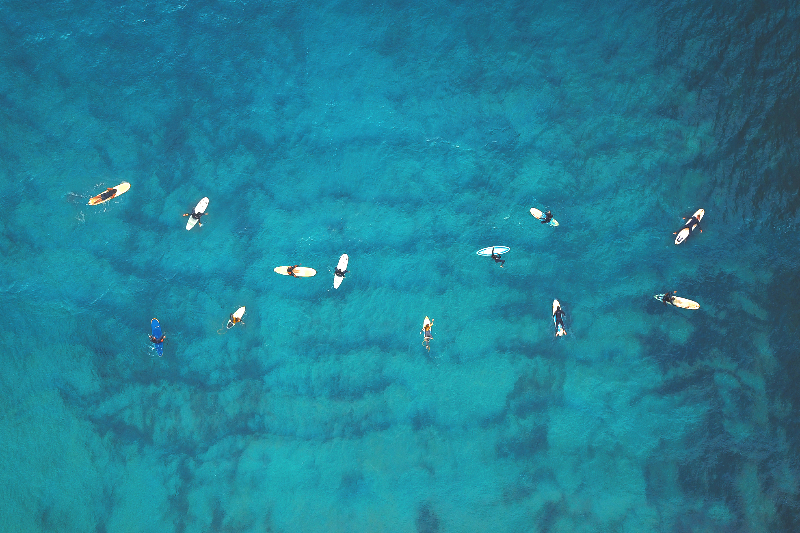
ARTS AND CULTURE
- Les Wicks
- 22 November 2021
The largest wave is friendship. / Heard stories about seamlessness / that sleepy beast of an upsurge that carries you in / until your fin cuts a channel in the sand. / There are dumpers that leave you gasping. / Will & persistence, how a cold current / can race to your head.
READ MORE 
-
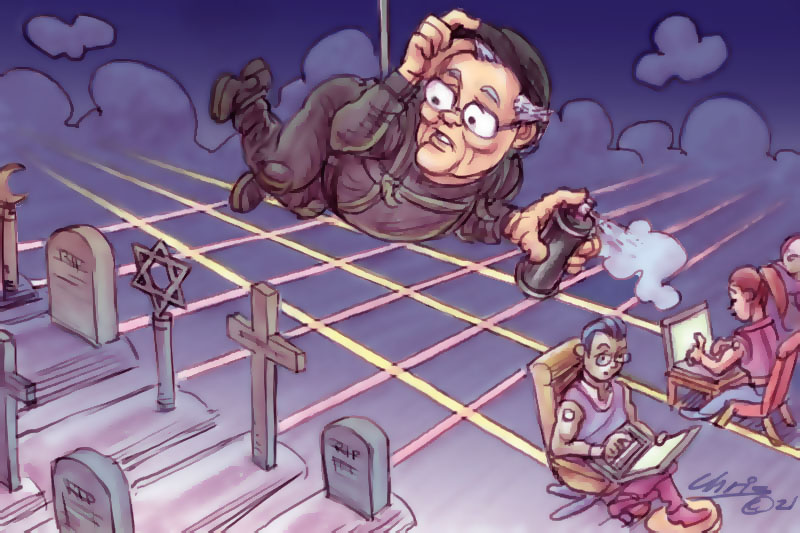
AUSTRALIA
- Tim Dunlop
- 15 November 2021
8 Comments
The experience of the Covid-19 pandemic has been like the aerosol used in those heist movies, where the cat burglar breaks into the museum and sprays the air to reveal the invisible lines of power that criss-cross the space between the door and cabinet where the treasure is kept.
READ MORE 
-
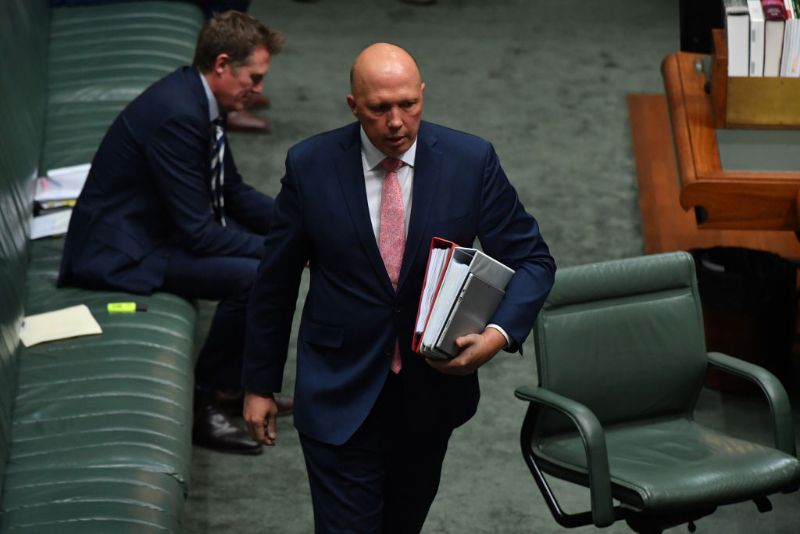
AUSTRALIA
- Cristy Clark
- 10 November 2021
9 Comments
Peter Dutton has recently argued that funds for defamation actions should be a ‘workplace entitlement’ for Members of Parliament (MPs). I’d like to repeat that another way: the Honorable Peter Dutton, Commonwealth Minister for Defence, would like the taxpayer to fund MPs to sue members of the Australian public for defamation.
READ MORE 
-
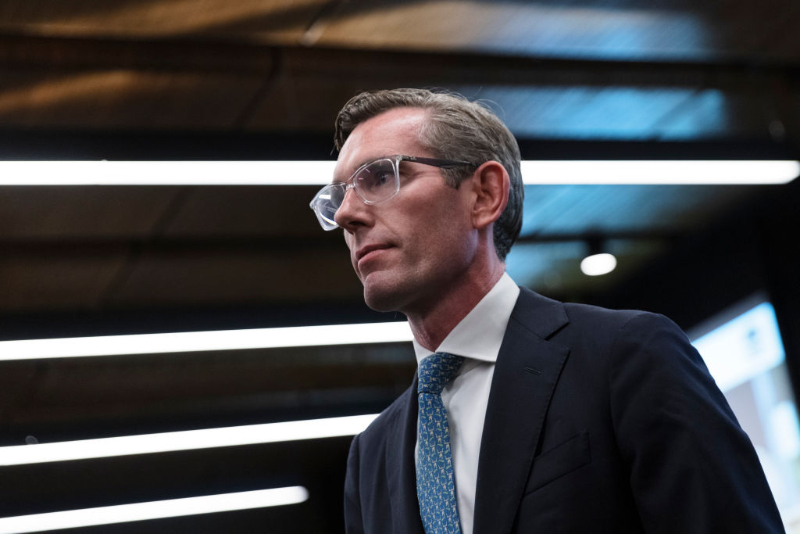
AUSTRALIA
- Julian Butler
- 01 November 2021
21 Comments
The elevation of Dominic Perrottet to the Premiership of New South Wales caused a flurry of commentary about his religious faith. In many parts of the media his politics and personality were framed by his Catholicism. I watched on with a degree of discomfort, and with a sense of possibility. Could some of the bigoted characterisations invite a richer conversation about the ideals and deeper narratives that enliven our public leaders?
READ MORE 
-

ENVIRONMENT
- Cristy Clark
- 21 October 2021
7 Comments
On 8 October, at its 48th session, the United Nations Human Rights Council formally adopted a resolution recognising the human right to a clean, healthy and sustainable environment. It emphasises that ‘environmental degradation, climate change and unsustainable development constitute some of the most pressing and serious threats to the ability of present and future generations to enjoy human rights, including the right to life’.
READ MORE 
-
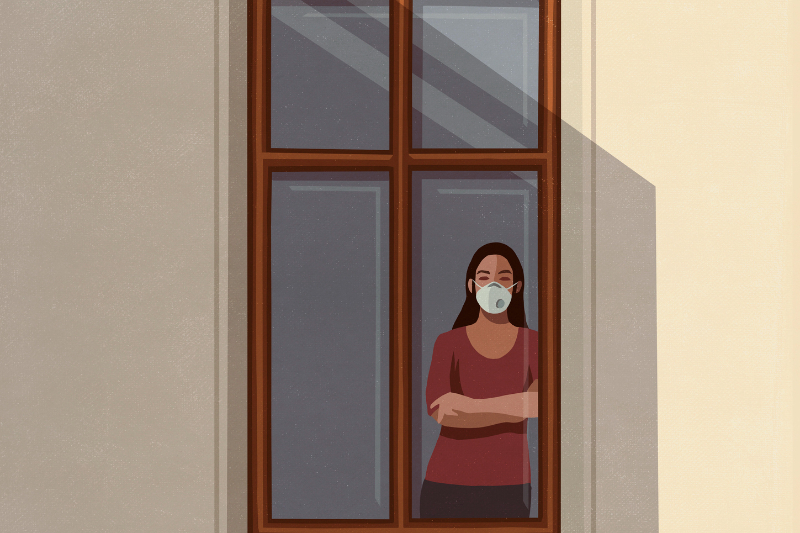
ARTS AND CULTURE
- Jennifer Gribble
- 14 October 2021
8 Comments
Well before the pandemic, the future for poetry’s slim volumes was looking far from healthy. Last November, the threatened closure of UWA Press, one of the largest publishers of poetry in Australia, drew attention to the narrowing opportunities for emerging poets to make their mark.
READ MORE 
-

ARTS AND CULTURE
- Barry Gittins
- 11 October 2021
4 Comments
I have decided to observe October as a month to observe other people observing things. For me, there was a sense of self crumbling under the weight of being house arrested for the good of all. Gravitas, like gravity, can be crushing; I knew I needed a break from howling at the Moon (16 October is the ‘international observe the Moon night’). So to the calendar I turned.
READ MORE 
-
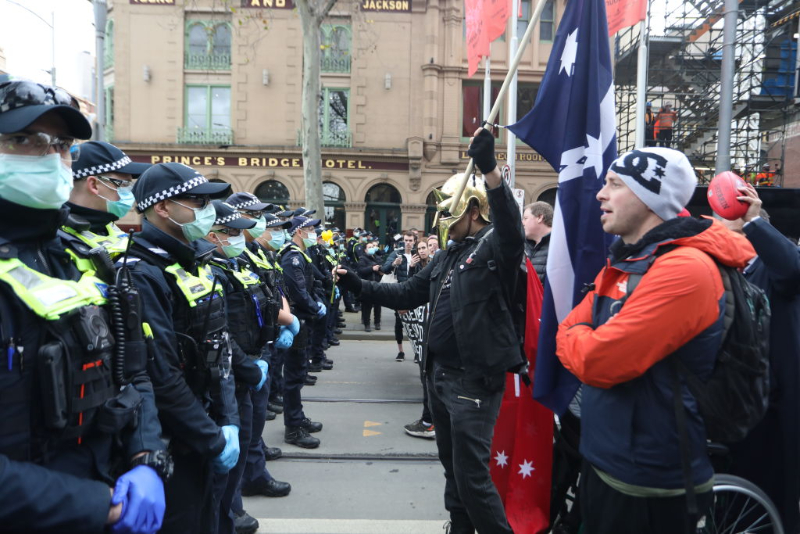
AUSTRALIA
- Julian Butler
- 28 September 2021
9 Comments
Walking down to the local Saturday morning street market, I wasn’t expecting to find myself amidst the beginnings of a violent protest. Seeing some police, I thought they were out and about to ensure the public weren’t taking too many liberties with the slightly eased restrictions that had come into effect for Melbourne the previous night. But half a dozen on each corner of Church St and Bridge Rd in inner-city Richmond suggested something more.
READ MORE 
-
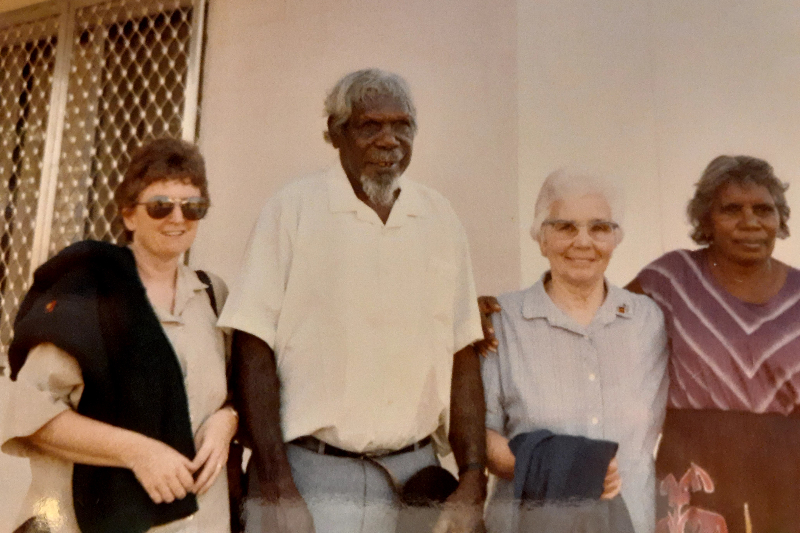
AUSTRALIA
- Paul Cleary
- 21 September 2021
1 Comment
In the late 1970s, two Mercy sisters answered a call to work with Aboriginal people, and they chose a place in the Pilbara region of Western Australia that had a notorious reputation. Sisters Bernadette Kennedy and Bernadine Daly arrived in the largely Aboriginal town of Roebourne in Australia’s north-west in mid-1978 to see if they were needed. They quickly discovered that in a town ‘awash with alcohol’ there was great need.
READ MORE 